By Justine Olivier
There’s no doubt that building a new home, or renovating an existing one is an expensive project. There should be no skimping on quality, as what you choose to pay less for now may actually cost you more over time due to inferior and inadequate products used.
The same goes for window applications. As knowledge is power, home owners should equip themselves with a bit of knowledge before approaching a builder for the project, know the rules, regulations and standards set by the governing authorities (the National Building Regulations in conjunction with SANS – South African National Standards), and ensure that whoever you chose for the project follows these rules precisely.
The most common glass used in residential applications is either 3mm or 4mm clear plate glass, explains Charl Jacobz of Swartland Windows and Doors. However, the size of the pane dictates the thickness of the glass to a large degree. “6,38mm laminated safety glass is the most common safety glass,” he adds. In terms of safety glass home owners have two options: laminated PVB, or toughened glass. Clive Fenton, of Skybright Skylights, says that low e (emissivity) glass is the best, in terms of its eco-friendly nature, to use for your window applications.
Essentially low e glass has a unique metal coating (a low emissivity coating) on one side, which increases the energy efficiency of windows by controlling/reducing the transfer of heat/cold through the glass. What this basically means is that heat from the inside is stopped from escaping outdoors, essentially trapping the heat in your home, which will save on electricity used for heating during cold winter days.
In terms of the most popular types of glass, the latest trend is moving from single to double glazing, with different types of specifications such as toughened glass, laminated glass, low e glass and even tinted glass.
Jurgen Schairer, of TEVA Windows and Doors, explains: “Toughened glass is safety glass that is ‘toughened’ making it stronger than your standard glass and if broken it will fall into lots of small pieces to avoid hurting anybody. Laminated glass is two standard pieces fused together creating another type of safety glass – the only difference being that if broken, it keeps form as the glass sticks to the laminate.”
What makes double glazing so useful is that it can use any of these types of glass and seal them together. Jurgen further explains that there is an air gap between the two sheets of glass in double glazing, which is filled with dehydrated air or argon gas, providing insulation between the glass and thereby preventing heat/cold transfer.
While double glazing is very popular throughout Europe due to its insulation properties – and is becoming increasingly popular in South Africa – it contains a host of other immense benefits. Double glazing provides protection against draft and moisture, reduces exposure to noise, and provides thermal insulation among other benefits.
Julia Baker, of Protech uPVC Windows, says that to ensure the best performance from your windows, you should only clean frames and sashes when you wash the window panes, and all that is needed is a non-abrasive soap and a cloth. Coloured glass and sandblasting are great ways to add decorative elements to your home, and can be used particularly for kitchens, bathrooms and splashbacks.
Acid etching and tinting are other great decorative processes. Clive explains that while these processes are great to improve the overall aesthetics of a room, they also provide owners with privacy. “Opaque glass (also known as white glass) cuts out about 52% of incoming heat, as well as providing privacy as you cannot see through it.”
Whichever option you choose for your home – whether it’s the simple style provided by double-glazed windows, or a more decorative option – always ensure that the proper procedures have been followed, and do not forget to make provisions for adequate ventilation (cross-ventilation) throughout as this reduces moisture in the home and guarantees a healthy environment for all.
With thanks to American Shutters, Protech uPVC Windows, Skybright Skylights, Swartland Windows and Doors, TEVA Windows and Doors, The Plantation Shutter Co. and Walsh Glass


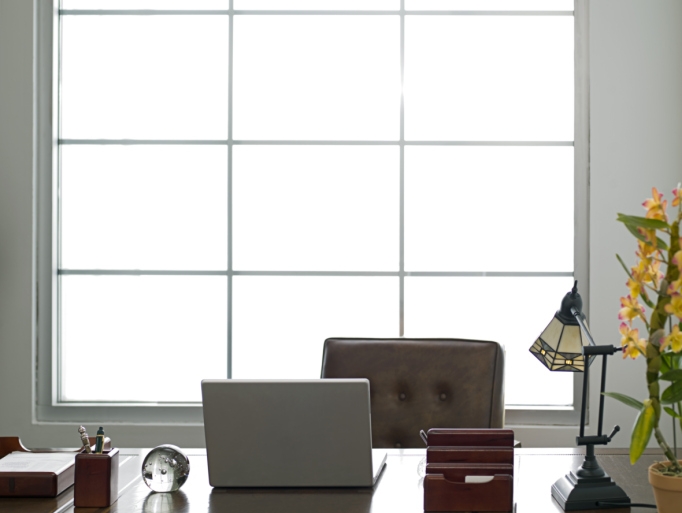



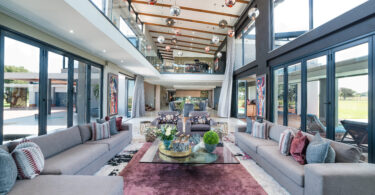
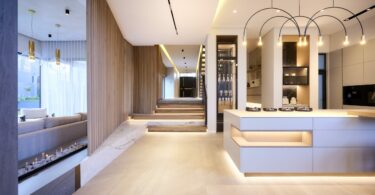
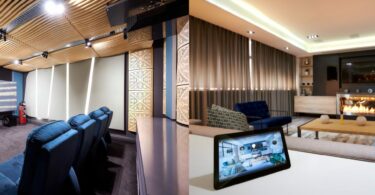

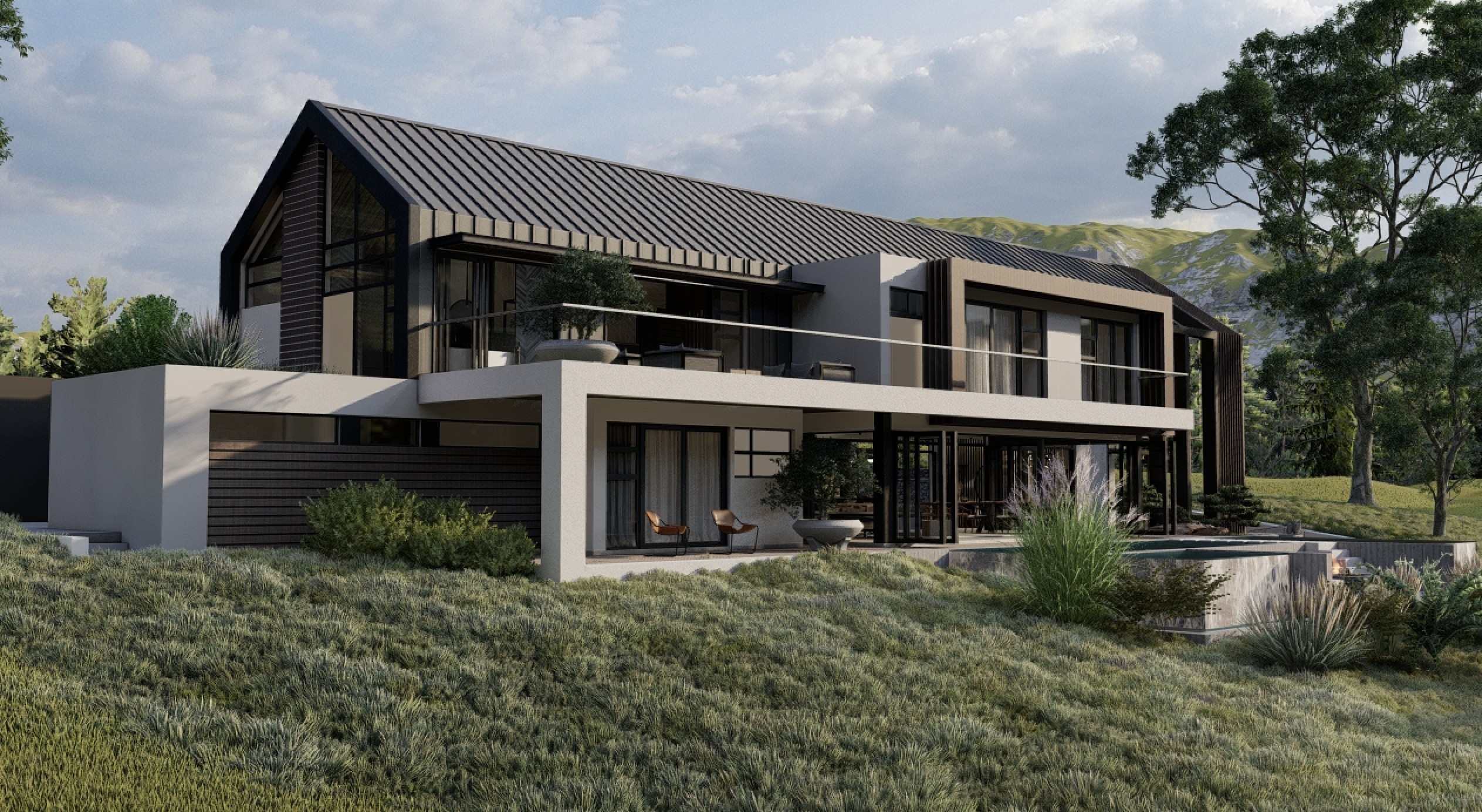
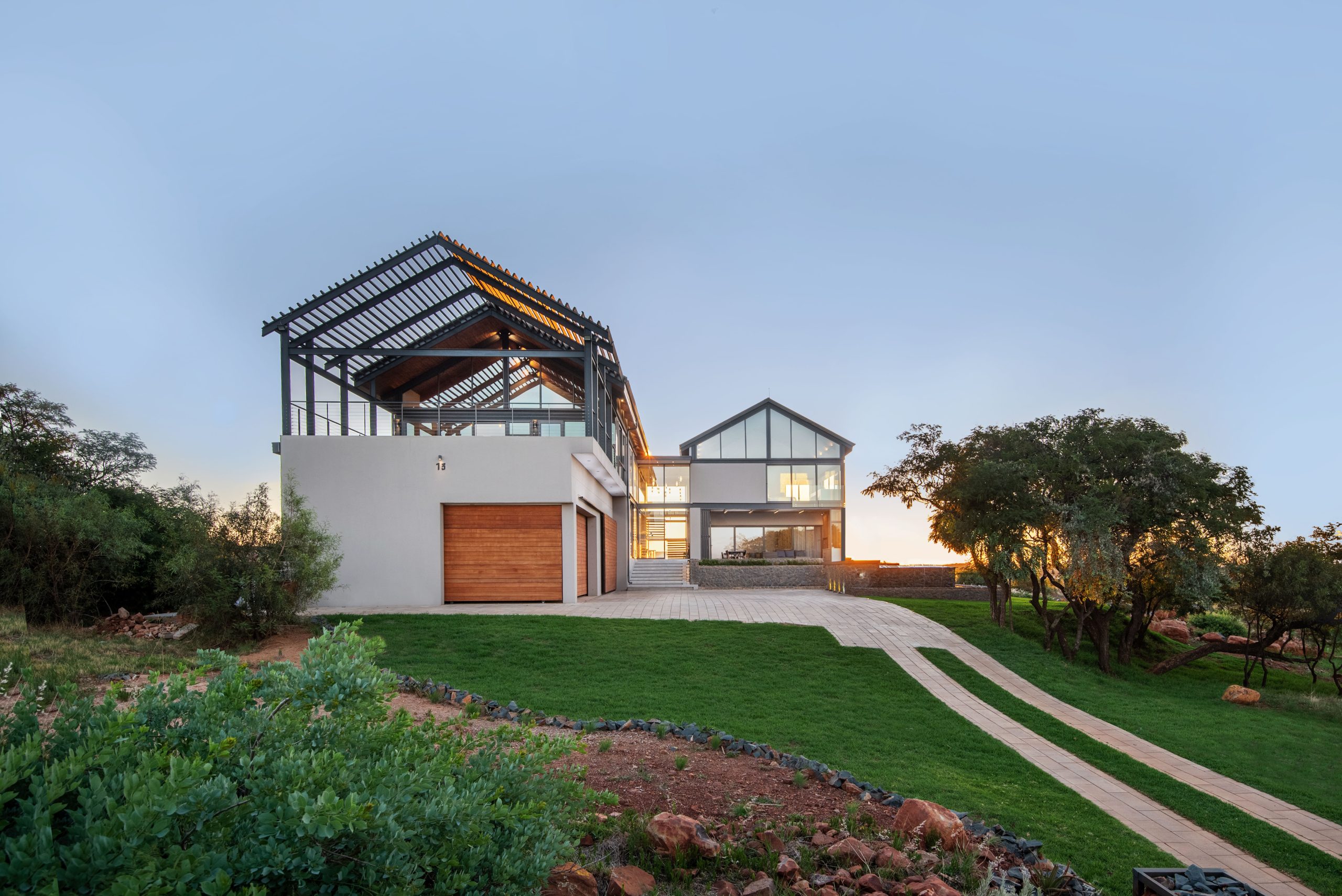
Leave a Comment